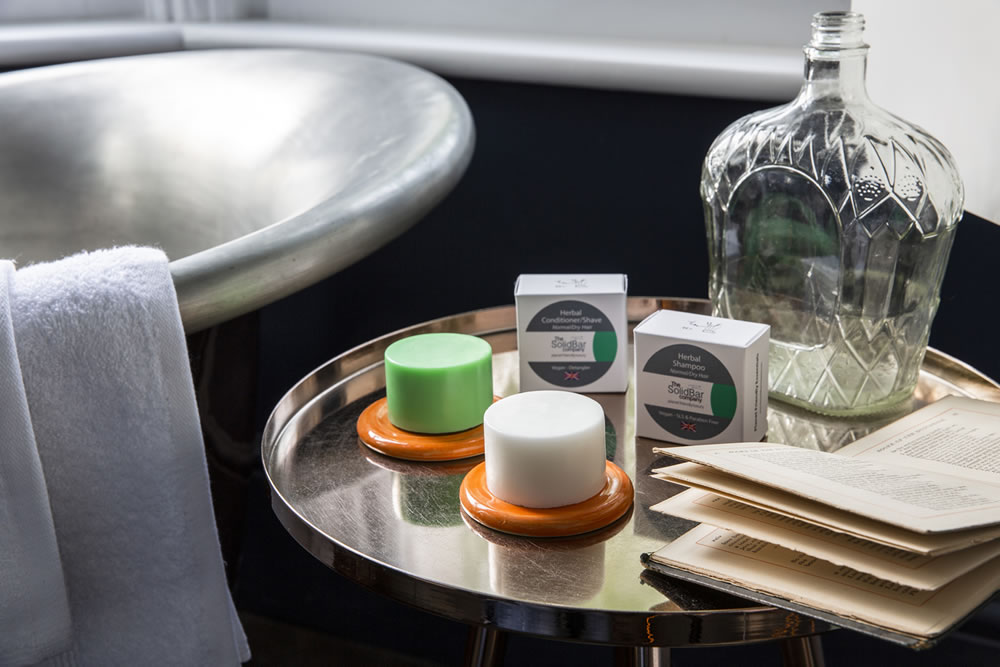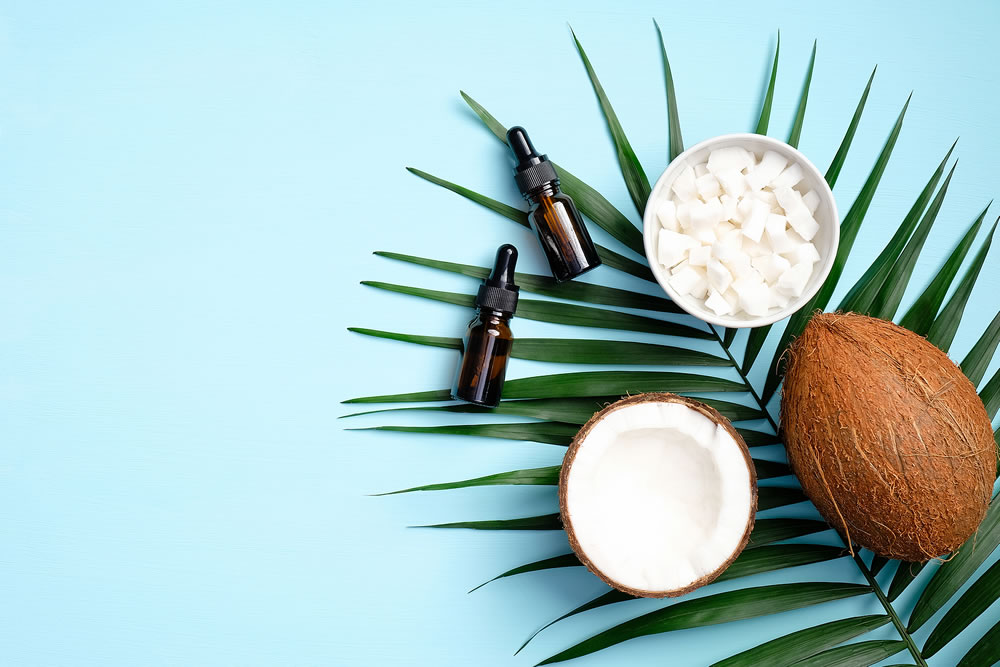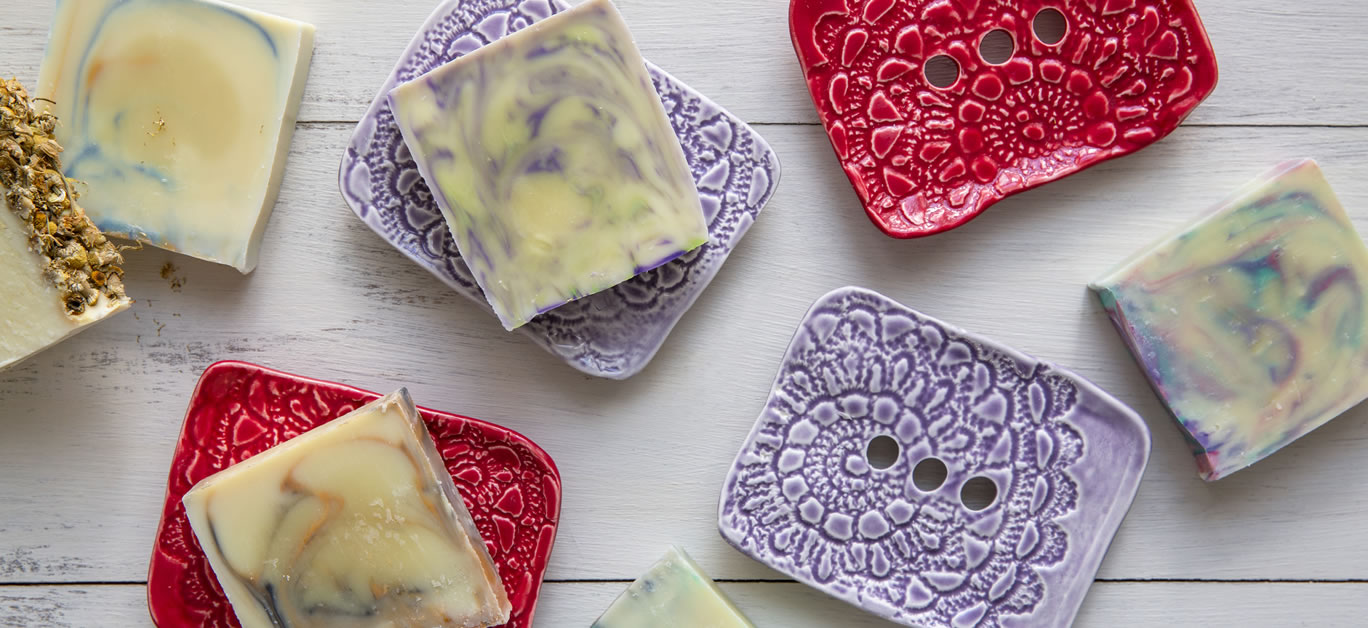Words by Rebecca Bennett, founder of The Solid Bar Company
If you’re one of a growing number of people boycotting palm oil products, you’ll know it’s not an easy feat, with palm being the most consumed vegetable oil on the planet. In fact, over 50 percent of products on the supermarket shelves contain it, from margarine, chocolate and cereal to toothpaste, cosmetics and cleaning products.
The problem is, industrial palm oil production has been disastrous for the world’s rainforests, and the focus in recent years on this issue has caused many brands to consider ethical alternatives. Haircare is a lesser known place where palm oil pops up and where brands are behind the curve when it comes to going palm-oil free.
If you’re trying to reduce the amount of palm oil you’re buying but still want to get the best from your haircare and skincare products, Rebecca Bennett, founder of vegan personal care manufacturer The Solid Bar Company, gives her top tips on what you should look out for and definitely avoid.

Why is palm oil used in hair and skincare?
Chances are your favourite shampoo, conditioner, lotion or soap contains palm oil of some form. It is used widely as a raw material in haircare ingredients such as emulsifiers, emollients, solubilizers and surfactants (surface cleaning agents).
Brands love the stuff because it is cheap (much cheaper than other natural oils like olive, almond, apricot and coconut), odourless and colourless, it foams well and it’s also hydrating. Its semi-solid texture at room temperature also helps bar-style soap and shampoo products hold their shape.
What harm is palm oil production causing the environment?
As a crop, palm is incredibly efficient and quick to grow. But, to make way for palm plantations, huge areas of the world’s most bio-diverse rainforests are being cleared, putting native species at risk from extinction.
Currently, it is estimated that 18 million hectares of land is being used for industrial palm oil production and five football pitches of deforestation occurs every minute. Soon, if left uncontrolled, we could witness the loss of rainforests altogether.

Is ‘sustainable’ palm oil any better?
Simply put, no. You may see some products stamped with the RPSO sustainable palm oil certification but it’s as much use as a chocolate teapot. In reality, no palm oil is sustainable as all plantations are built on flattened rainforests and are contributing to the decline of native species. Until this changes, it is best to go palm oil free.
How to tell if your hair and skincare products contain palm oil
From the scale of the problem it can seem like your everyday choices won’t make a difference, but this isn’t true. Only when brands start to lose customers (and profit) will they remove palm oil from their products.
So, here’s how you can spot whether your bathroom products contain palm oil and some extra things you can do to support the palm oil free movement:

1. Always check the product’s label and ingredients list before you buy. Palm oil can turn up in all sorts of ingredients, so do your research and make a note of the alternative names for palm oil.
2. You can’t always tell if some ingredients (like SLS and Cetyl/Cetearyl alcohol) are palm oil based or use an alternative source like coconut. If it’s unclear, check the product page on the brand’s website before contacting them directly via email or on social media. You can also check if they have a certification or have it in writing from the manufacturer.
3. Choose manufacturers using alternatives to palm. Coconut oil has a lower environmental impact as it’s harvested by hand and doesn’t require pesticides or herbicides. So too does jojoba oil which grows in the desert with very little water. But if you want to keep things local, UK-grown rapeseed oil is a great sustainable alternative with no airmiles.
4. Don’t discount a palm oil free product if it doesn’t have a Palm-Oil Free Certification. It’s expensive for companies, especially smaller ones, to obtain so you won’t always find it on the packaging. Contact the brand directly.
5. When you find a palm oil free product that works, shout about it! Share your find with your friends and family to support the movement against palm oil.






















